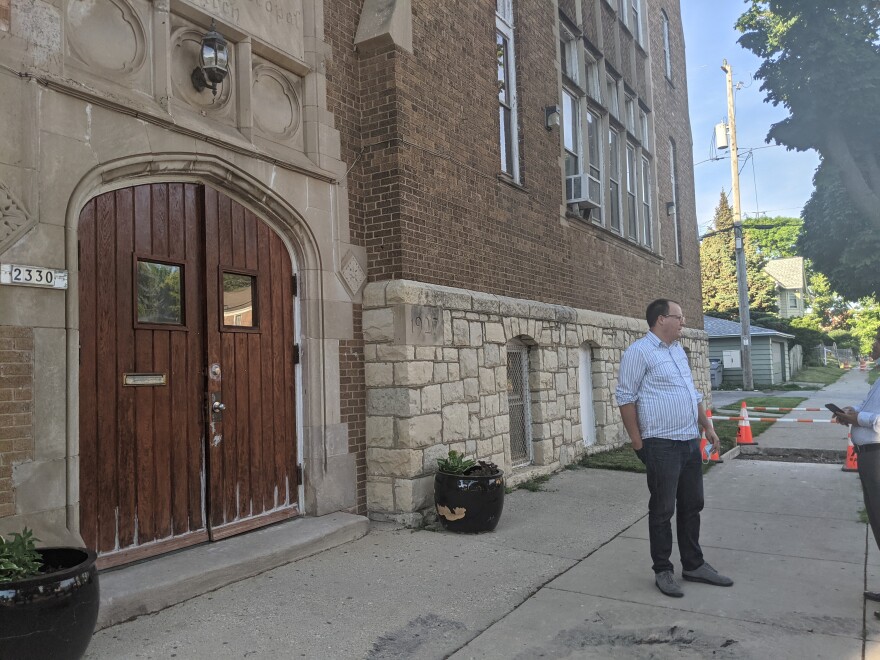Since 2016, the Rohingya people in Myanmar have been facing a genocide. Massacres and state sanctioned persecution have led more than 700,000 people to flee the country as refugees, resettling in countries around the world including in the U.S. Milwaukee is thought to have the largest Rohingya community in the country with more families continuing to resettle in the city’s near south side.
For the past five years, the organization Burmese Rohingya Community of Wisconsin has been helping people navigate life in America. Executive director Anuwar Kasim and administrative director Andrew Trumbull met at the Neighborhood House of Milwaukee, and they began talking about issues that faced Milwaukee’s Rohingya community. They are now expanding into a new community center in Milwaukee’s Clarke Square neighborhood, which Kasim says will allow the organization to grow its services to the community.
“We founded Burmese Rohingya Community of Wisconsin in February of 2016, since then, you know, we’re trying to help the resettled refugees in Milwaukee,” says Kasim.
The organization works to provide English classes, teach technology literacy, connect people with health care, find jobs, help those looking to buy a house and assist in the process of applying for citizenship. Securing the community center is “a dream come true,” according to Kasim. He says it will provide a central place for Rohingya people to gather and get services they need.
“This is a one-stop shopping for our community. If they need anything, they can come and get together and they can seek help. They can practice their religion, children can come and do their after-school programs, once we get up and running,” he says.
Kids are a main focus for the Burmese Rohingya Community of Wisconsin as resettling in a completely new country, missing out on education because of persecution and the stress of being a refugee can be especially hard for younger people. Not only are they planning on bringing in tutors and hoping to partner with local schools, Trumbull says they are working on ways to allow young Rohingya people to tell their stories.
“We have a couple podcast projects that we’ve been working on and those kinds of projects are really cool because, for people like the Rohingya, who don’t have a loud voice here because they’re so newly arrived and so few are able to speak English, it’s this generation who have arrived and are coming out of high school that really have the stories to tell,” he says.
Trumbull says as they grow, the organization is connecting with Rohingya groups across the country to learn how to better serve immigrant communities all over the United States.







